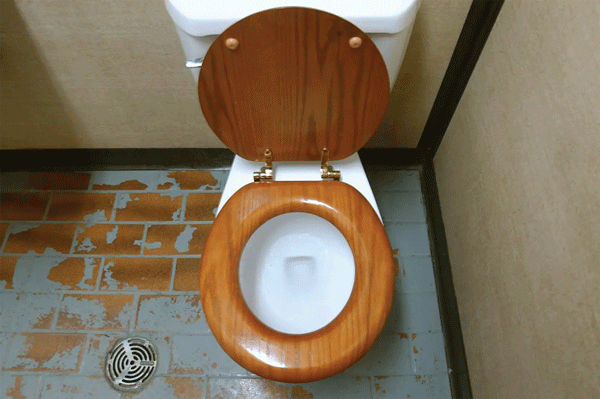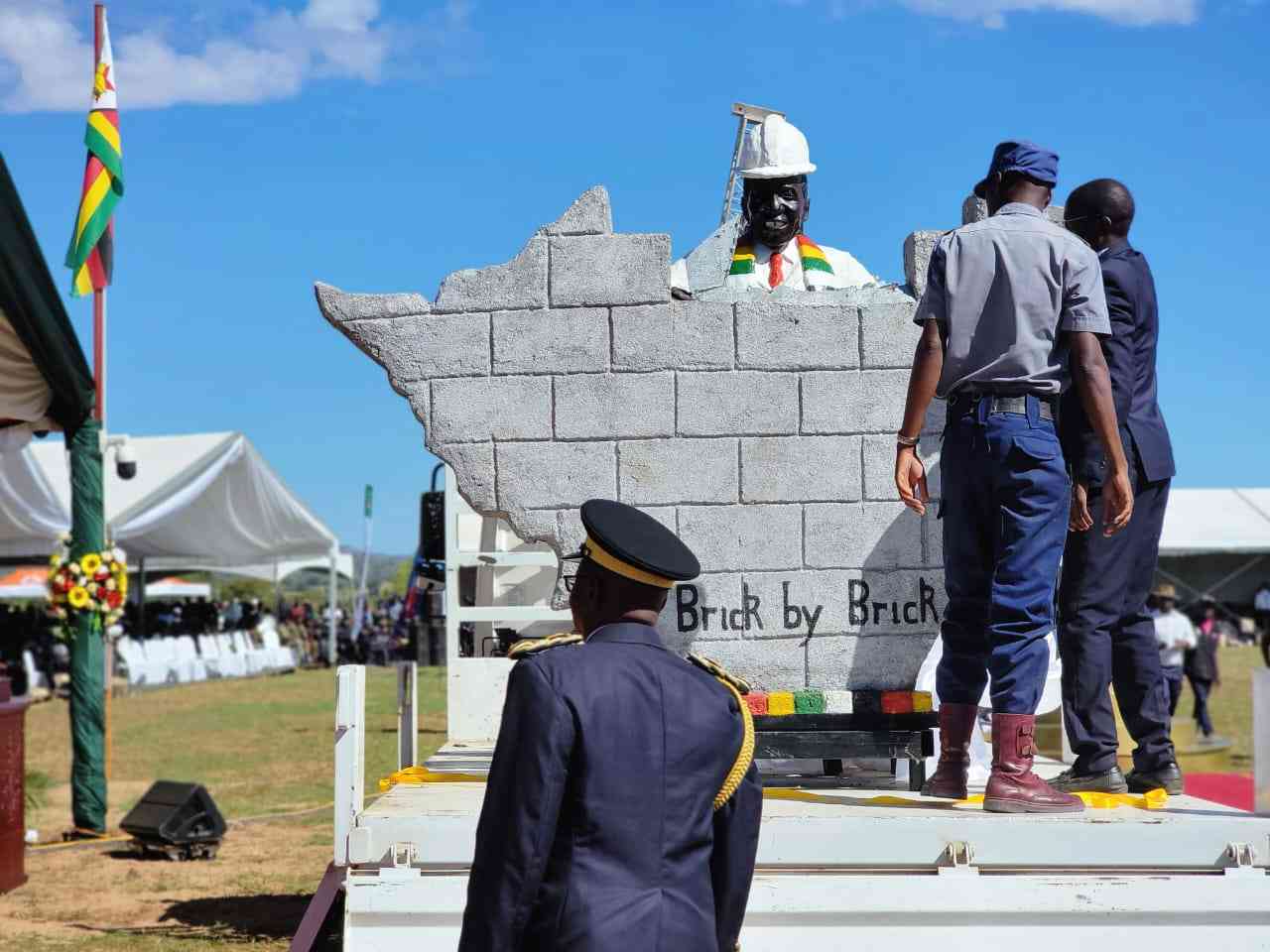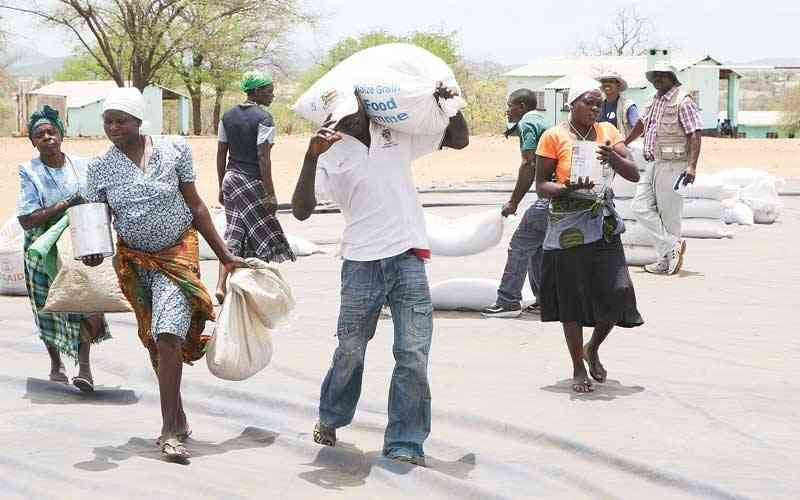
IN our NewsDay issue yesterday we carried two stories that spoke to the issue of water, sanitation and hygiene (Wash).
One of the stories talked of a health time bomb that is ticking in the small farming town of Karoi where council has purportedly failed to provide toilets and water to vendors who have crowded the town to cash in on an influx of farmers coming to sell their tobacco.
In the other story, the recently opened new government building housing the passport offices in Harare has toilets that are failing to cope with the hundreds of people besieging the building to obtain passports. As a result of the heavy congestion the toilets are almost always out of order mainly due to lack of water.
In both cases people desperate to relieve themselves are resorting to open spaces.
This is a serious indictment and an embarrassment for a country that is aiming for an upper middle income economic status by 2030. All this points to poor planning on the part of government and the Karoi Town Council which both appear not to be prioritising the issue of Wash.
But the issue of access to a decent toilet in public places is a major problem across the country. Travel to any town, growth point or business centre, it is rare to find a decent toilet. Those available are usually unusable after years of poor maintenance or mere neglect.
And for a country which experienced one of the world’s worst cholera outbreaks one would have thought that the southern African nation had learnt something from its past nasty experiences. For instance, between 2008 and 2009 Zimbabwe reported 98 585 cholera cases and more than 4 000 cholera-related deaths. The pandemic spilled to neighbouring countries and dented Zimbabwe’s tourism sector big time.
One would have thought that the 2008 pandemic should have been enough wake-up call for Zimbabwe to treat the issue of Wash with the seriousness it deserves.
- Chamisa under fire over US$120K donation
- Mavhunga puts DeMbare into Chibuku quarterfinals
- Pension funds bet on Cabora Bassa oilfields
- Councils defy govt fire tender directive
Keep Reading
A 2017 Health and Human Rights Journal report says: “A breakdown in the most basic elements of water and sanitation infrastructure underpinned the cholera epidemic in Zimbabwe.”
Fundamentally, this means that access to a decent toilet is a human right that should be respected by government and all local authorities. Failure to provide a decent toilet where it is needed is tantamount to abuse.
There is absolutely no excuse for government and all the local authorities that answer to it to fail to provide toilets in all public places.
Zimbabwe should be known for its decency and not for being indifferent to basic rights such as access to a respectable place to answer nature’s call. No one in this day and age should be seen squatting in the open relieving themselves, especially in the capital city.











